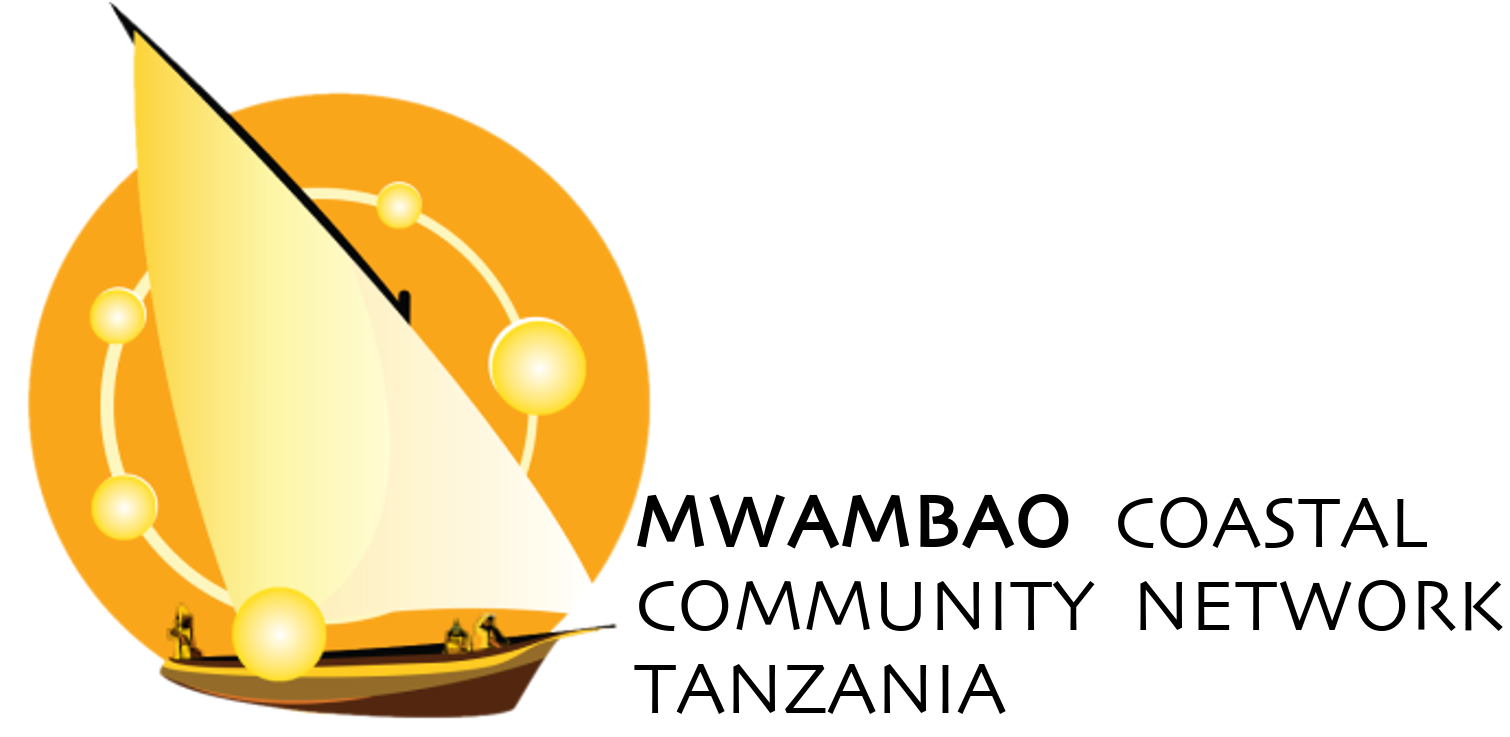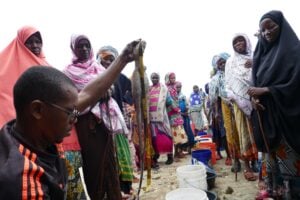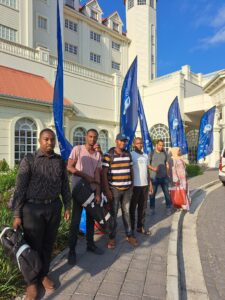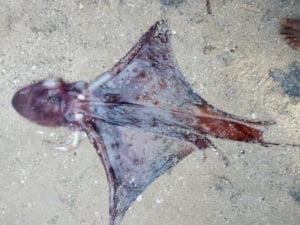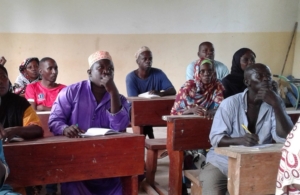OUR APPROACHES
COMMUNITY-LED COLLABORATIVE MARINE MANAGEMENT
Kukuu village describe their work in Community-based Fisheries Management since 2016, and why they have been so successful. The film was made through collaboration between Kukuu Shehia Fishers Committee, professional videographer Hans Ngoteya and Mwambao through our EU funded ZANSASP project.
The community members of Kukuu ward decided to come up with a plan after noticing that the ocean environment was disappearing, particularly the marine life. They decided to establish a conservation area that is protected. They did this in order to be able to show future generations the marine life that existed but they started to disappear.
Seif Bakari Khalfan
Secretary, Kukuu Shehia Fishers Committee
COMMUNITY-LED COLLABORATIVE MARINE MANAGEMENT
Our work enables communities to steward and benefit from marine resources. We work with the village committees* responsible for management decisions surrounding coastal resources to build their capacity to manage their local fisheries and coastal resources.
When communities develop and enforce their own rules and governance systems and have the confidence to implement them, when they benefit from these efforts, and when local and national policies and actors recognize and support community conservation, then coastal resources will be managed sustainably – for use today and for the future.
*Village committees responsible for management decisions surrounding coastal resources are called Beach Management Units (BMUs) in mainland Tanzania and Shehia Fishers Committees (SFCs) in Zanzibar.

Figures updated: January 2021

OUR MODEL
Mwambao has developed a working model for Community-led Co-Management and the introduction of reef closures for fisheries.
Our model has been informed by the extensive experience of our team in implementing community conservation, and considers resources such as Ostrom Principles for effective “common pool” management and National Fisheries Legislation.
We have been implementing community-led closures since 2015, and formed the first Co-Management Group (CMG) in Zanzibar in 2019.
Please get in touch with us if you would like to more information about our model.
Steps towards Community-led Collaborative Management

Capacity building of community institutions

Fisheries closures & protocols
We assist local institutions understand the benefits of and how to implement fisheries closures, both temporary and permanent. We guide them step by step to put closures in place and help them to monitor the impact of these closures, both for the fishers, the committees and on the marine environment itself.

Enforcement/patrols

Local marine resource management planning
Participatory mapping of local resources is conducted with each community to understand the social and ecological attributes, uses, threats and resilience within their fishing grounds. A combination of a participatory visual methods exercise, participatory mapping workshops, surveying the local area and creating digital maps are conducted with each community.

Collaborative Management Groups
We formed the first Co-Management Group (CMG) in Zanzibar in 2019, and will continue to form more moving forwards.
The first CMG is named “Stamishima” after the names of the 4 neighbouring villages it represents (Stahabu, Michenzani, Shidi and Makoongwe) in the South of Pemba Channel Conservation Area, Pemba, Zanzibar. The project was inspired by the functioning Collaborative Fishery Management Areas (CFMAs) found on mainland Tanzania and Kenya's coast, and has facilitated the definition of SOPs in Zanzibar. We have helped establish 7 CMGs within Zanzibar to date.
Capacity Building Modules
- Roles & Responsibilities
- Financial Management
- Conflict Management
- Patrol planning/Monitoring, Control & Surveillance (MCS)
- Laws & Regulations; By-laws
- Standard Operating Procedures
- Leadership Training
- Communication Strategy

LATEST NEWS: Community-based Collaborative Management
OUR APPROACHES
There are eight core approaches underpinning our work. Click on one below to read more.
